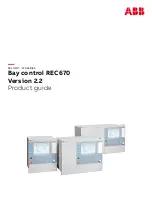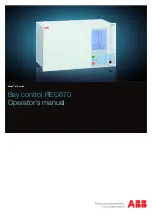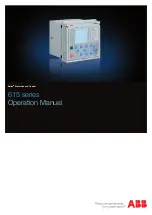
4
FIGURE 8 - LQ-5
™
BOBTAIL RATIO VALVE MODE
FIGURE 7 - LQ-5
™
BOBTAIL RATIO VALVE BLENDING
BACK: TRACTOR-TRAILER MODE
BRAKE APPLICATION—LQ-5
™
VALVE
BLENDING BACK
Service brake pressure enters the LQ-5
™
valve supply port
and combines with the force of the blend back spring to
work against control pressure. When service pressure is
sufficiently high (see Figure 3), the total downward force
begins to overcome the upward force of control pressure on
the blend back piston. The blend back piston is forced into
contact with the proportioning piston. Both pistons now move
as one. Because of the added surface area of the blend
back piston, LQ-5
™
valve delivery pressure “catches up” as
supply pressure increases. When the piston assembly
contacts its seat in the body, the LQ-5
™
valve delivers full
application pressure. There is then a 1:1 ratio between
supply and delivery.
BOBTAIL MODE
BRAKE VALVE APPLICATION, BALANCE,
RELEASE
When the trailer supply valve is pulled out, air in the LQ-5
™
valve control port flows back to the trailer supply valve and
exhausts to atmosphere. With no control pressure, the blend
back piston is forced by its spring to contact the proportioning
piston. The inlet/exhaust valve is held by its spring and seals
the exhaust passage. Both pistons, now moving as one,
reach their stop in the body.
This is the position for bobtail mode apply, hold and release.
The LQ-5
™
valve delivers full service application pressure in
FIGURE 6 - LQ-5
™
BOBTAIL RATIO VALVE RELEASING:
TRACTOR-TRAILER MODE
When air pressure beneath the proportioning piston depletes
to less than approximately 8 psi, the valve spring is able to
seat the exhaust valve. The “initial delivery” spring keeps
the inlet open and allows air from the LQ-5
™
valve delivery to
flow through the valve, out the supply and back to the brake
valve.


























